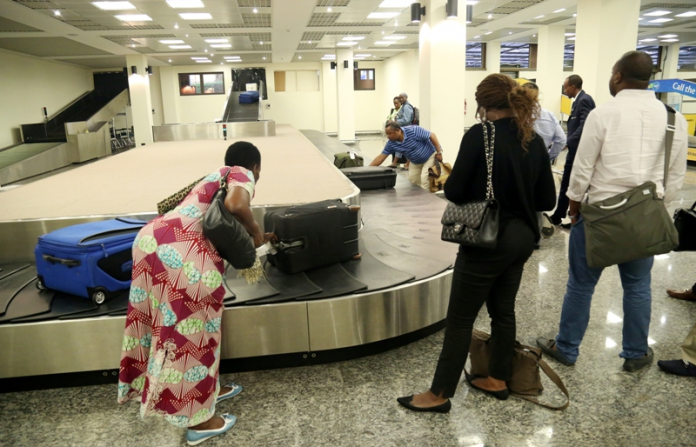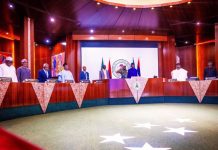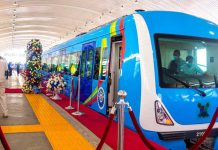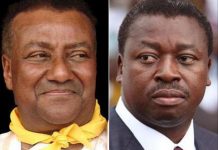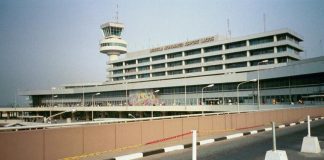Much time has been spent debating the pros and cons of the Free Movement of people in Africa. Now, the African Union, AU, has adopted a Free Movement Protocol and a draft plan of action to go with it. It is really time for action. But it requires great political will.
It was in the Nigerian capital, Abuja, that the idea was first set out. The Abuja Treaty was endorsed in 1991 at the establishment of the African Economic Community. The AU’s protocol defines free movement as the right to enter and exit member-states and move freely within them, subject to the states’ laws and procedures. It regards the freedom to travel or move goods across the continent as likely to boost the economic integration of Africa.
The AU appreciated the progress that sub-regional groupings have made on migration. For example, the East African Community (EAC) launched its passport in 1999, while in West Africa, the Economic Community of West African States, ECOWAS, launched a regional passport in 2000, although its implementation by member-states has been slow.
Some opposition politicians kicked against the Free Movement Protocol arguing that it does not have any advantages. But there is a great deal of evidence that migration boosts the economies of receiving countries. Free movement in Africa can be expected to enhance business and investment as the EU example has shown.
The African Development Bank had released a report showing that tourism in the Island nation of Seychelles increased by 7% annually between 2009 and 2014 when the country abolished visas for African nationals. By 2015, thanks to increased revenues, it had become a high income country with thriving real estate, aviation and service industries.
The same report also states that African travel to Rwanda has increased by 22% since it eased its visa requirements in 2013. Since then Rwanda’s cross-border trade with Kenya and Uganda has increased by 50%. There cannot be greater evidence than this to prove that free movement of labour and capital, boosts economic activity.






